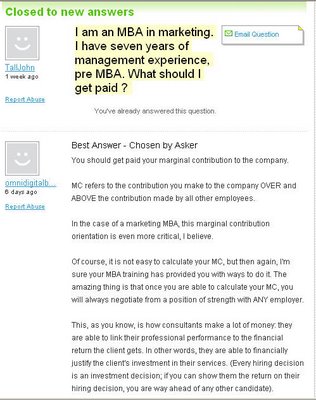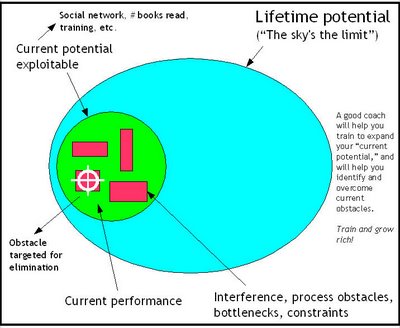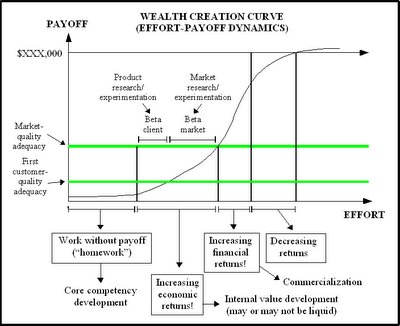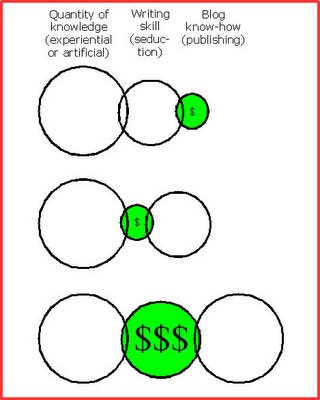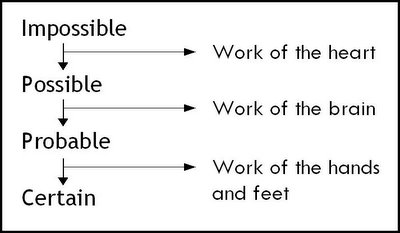The easy path might be the wrong path
Therefore, how to strategically spend one's money is a main challenge.
Furthermore, it seems to me that a person can only spend his/her money to do one of three things:
- To look better (fashionable clothes, accessories, shoes, jewelry, etc.)
- To feel better (spa, massages, traveling, etc.)
- To become better (books, sports, seminars, coaching, etc.)
Of course, there are overlaps: playing a sport can make you feel good, while also improving you as a person (especially if you participate in a tournament, or have a sparring partner that helps you improve your performance).
I guess we all need to look better, feel better and become better.
The challenge, then, is to spend the right amount of time and money in each category.
It seems to me that spending money to look better or feel better is easy. Advertising agencies and companies will always be able to convince you that you deserve it, that you're "worth it." Of course, they are right: you work hard for your money, so you are totally entitled to rewards.
The problem is that few companies encourage people to buy stuff or do stuff that will make you a better person. Why? That's because change is hard. Companies know this. So they will always promote the easy way, the effortless path.
The Japanese have an interesting proverb: "When young, buy hardship."
I'm afraid this idea might not work in the West.
The likely response would be: "'What? You want ME to pay YOU money so you can make life harder for me? Are you on drugs or something?"
Yet, most people will intuitively understand, perhaps even agree, that the path without obstacles is the path that leads nowhere. It's only by doing difficult things and achieving difficult tasks that we build our self-esteem and our self-concept.
Your self-esteem does NOT depend on your childhood or whatever events that occurred years ago. Your self-esteem simply depends on what you did yesterday. Similarly, what you decide to do TODAY, will determine your self-esteem TOMORROW.
The idea (perhaps the success secret) is that by pursuing the difficult path, one becomes a better person. The difficult path contains a lot of adversity, and adversity has a way of forcing us to confront our weaknesses and shortcomings. Adversity is like a mirror showing us exactly as we are.
Perhaps the greatest reward in pursuing the difficult path, is that you come to know yourself better. You become acquainted with your weaknesses as well as your strengths. You are then in a much better position to plan and strategize, because you can consciously use your strengths to your advantage in all situations, while working actively to reduce your weaknesses.
